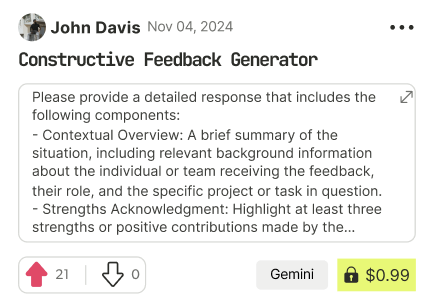Unraveling the Mysteries of the Human Brain: A Socratic Learning Journey
Introduction: The Complexity of Neural Exploration
Let's embark on an intellectual expedition to understand the profound challenges in comprehending the human brain's intricate workings. Our journey will be structured around key areas of uncertainty and potential breakthrough pathways.
Curriculum Sections:
1. Current Limitations in Brain Understanding
2. Technological and Methodological Barriers
3. Promising Research Frontiers
4. Philosophical and Empirical Challenges
Section 1: Current Limitations in Brain Understanding
Explanation:
The human brain represents an extraordinary complexity that far surpasses our current scientific capabilities. With approximately 86 billion neurons and trillions of synaptic connections, it's like trying to map an infinitely complex, dynamically changing universe within a three-pound organ.
Socratic Exploration Questions:
- What makes the brain fundamentally different from other biological systems we've successfully mapped?
- How do emergent properties of consciousness challenge traditional scientific reductionist approaches?
Thought Experiment:
Imagine you could observe a single neuron's entire lifetime. How might its interactions reveal or obscure broader neural network behaviors?
Section 2: Technological and Methodological Barriers
Key Challenges:
- Current imaging technologies lack sufficient resolution to track individual neural interactions
- Complexity of neural plasticity makes static observations misleading
- Ethical constraints limit invasive research methods
Potential Breakthrough Approaches:
- Advanced multi-scale neural mapping techniques
- Quantum computing simulations
- Non-invasive high-resolution neuroimaging
- Machine learning pattern recognition algorithms
Section 3: Promising Research Frontiers
Emerging Methodologies:
1. Connectomics: Comprehensive neural network mapping
2. Optogenetics: Precise neural circuit manipulation
3. Advanced computational neuroscience modeling
4. Interdisciplinary collaboration (neuroscience, computer science, physics)
Critical Questions:
- What computational paradigms might help us model neural complexity?
- How might quantum computing transform our understanding of consciousness?
Concluding Reflection
Understanding the brain requires:
- Technological innovation
- Interdisciplinary collaboration
- Philosophical humility
- Persistent, creative scientific inquiry
Final Challenge: Design a hypothetical research approach that could overcome one major current limitation in brain research.
This structured exploration demonstrates that our brain's complexity is both a profound scientific challenge and an invitation to continuous, imaginative investigation.
Would you like to delve deeper into any of these sections or explore a specific aspect of neural complexity?

Learn Anything, Socrates-Style (AI Tutor)
- claude
- Try Prompt

Find Powerful AI Prompts
Discover, create, and customize prompts with different models, from ChatGPT to Gemini in seconds

Simple Yet Powerful
Start with an idea and use expert prompts to bring your vision to life!